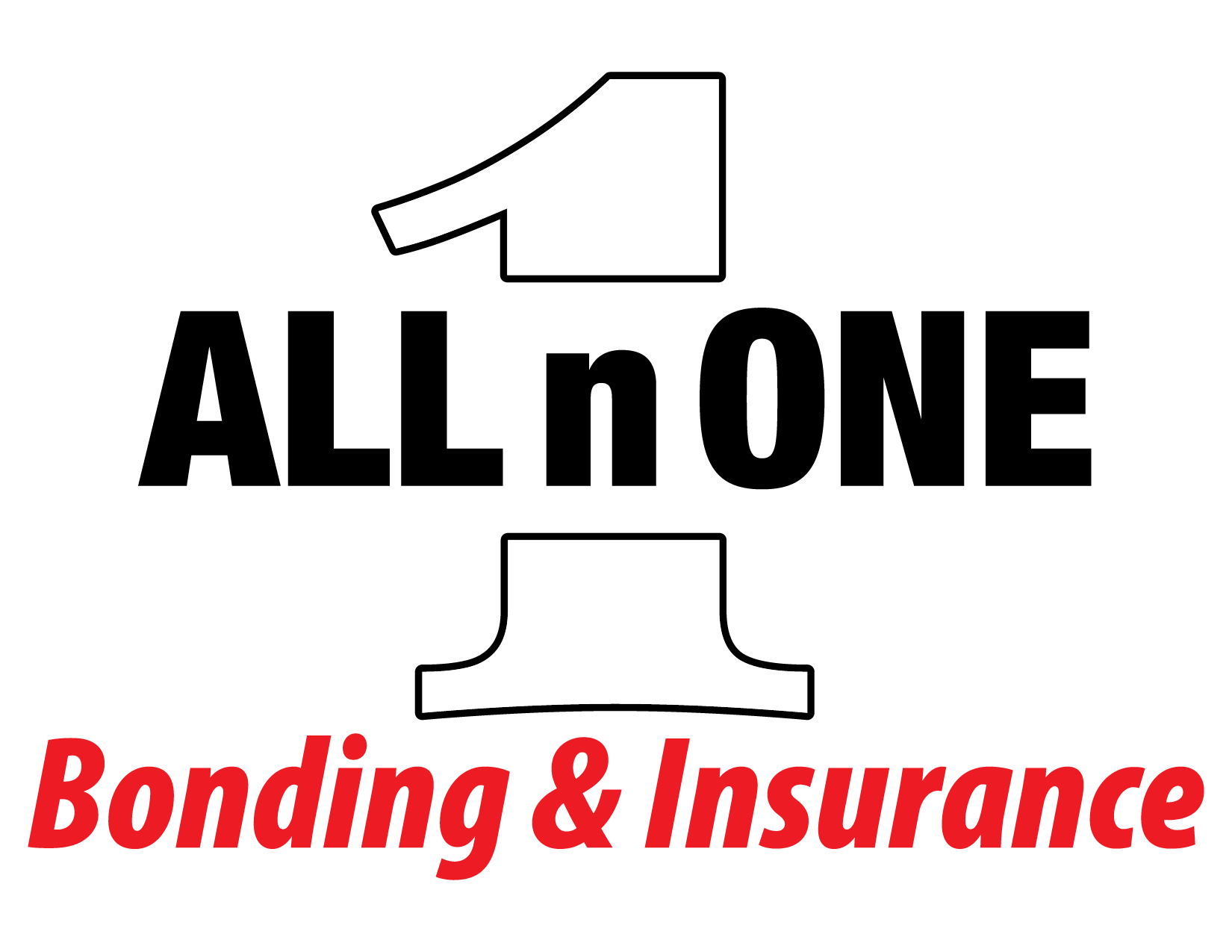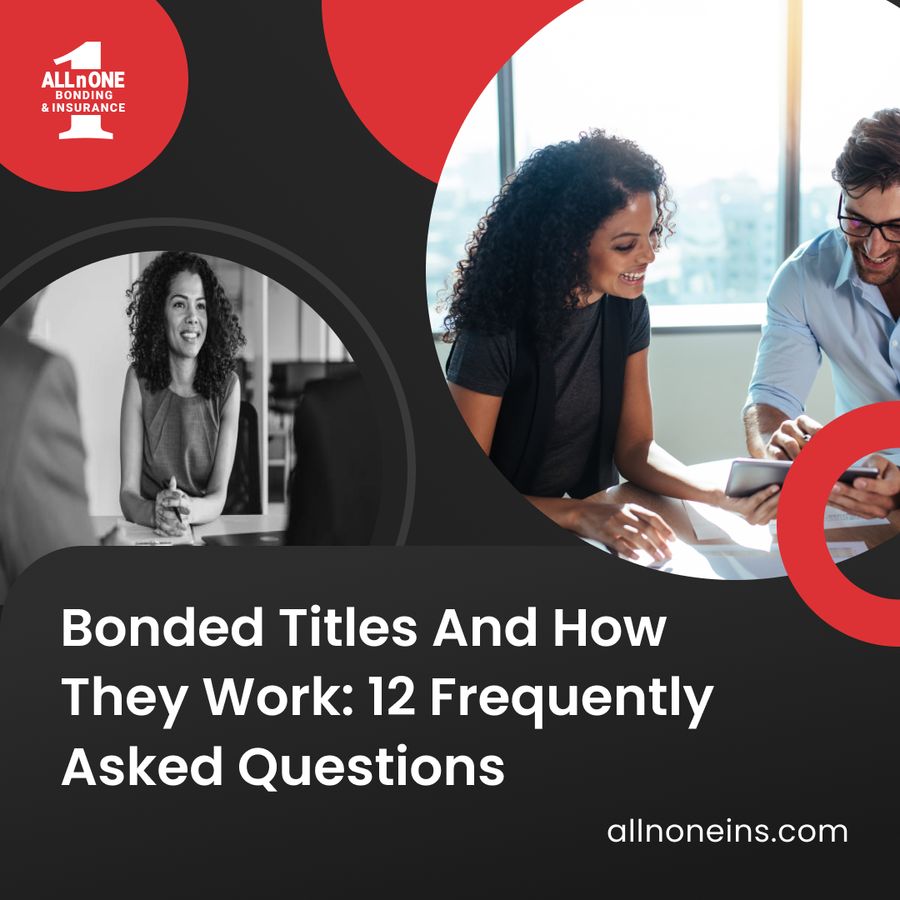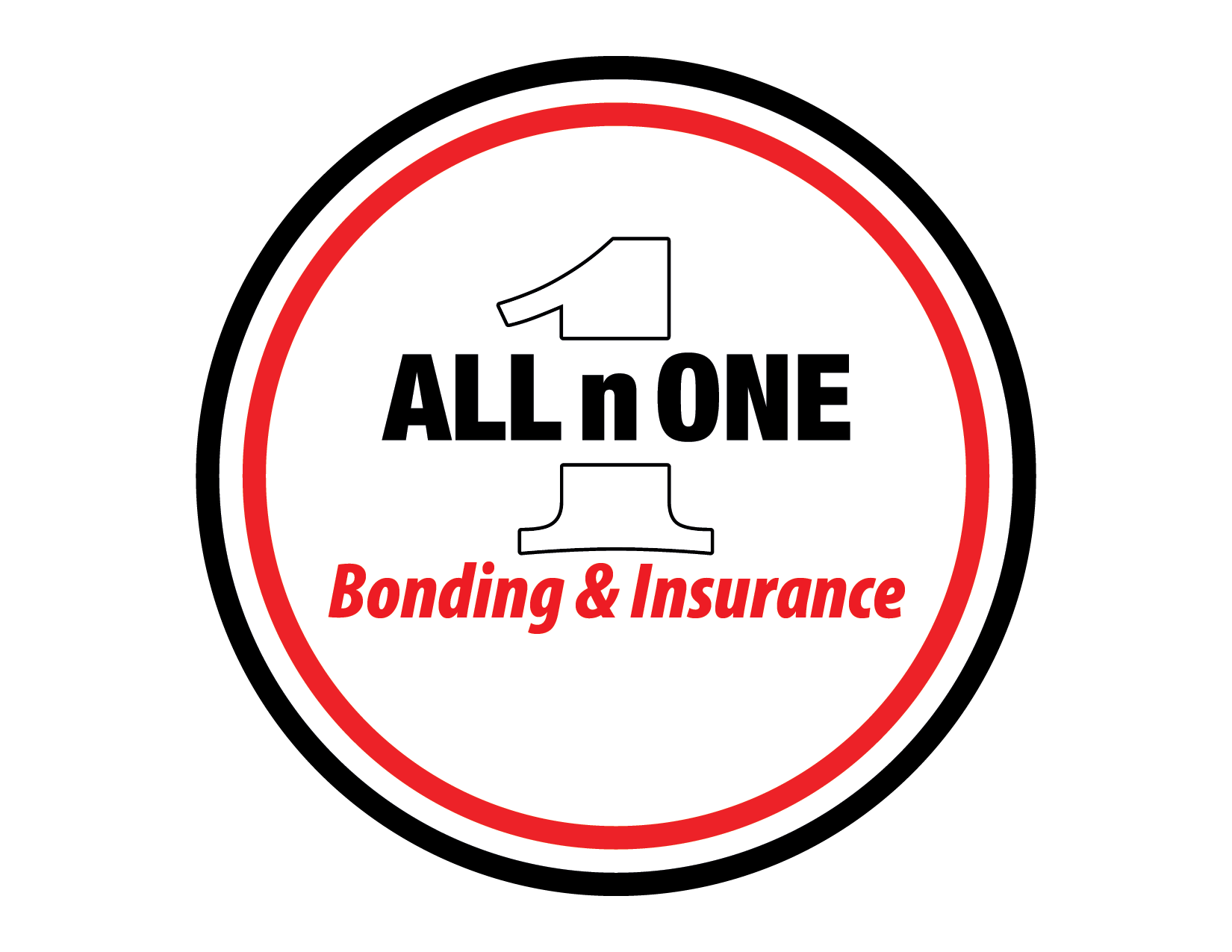In our guide, Bonded Title Instructions: 5 Things To Know, we covered what bonded titles are, why you might need one, and how to get one in Nevada and Tennessee.
To expand on the subject, we’ve compiled the following list of 12 frequently asked questions about bonded titles. Read on to find answers to some of the most common questions people have about bonded titles today.
12 Frequently asked questions related to bonded titles
1. Why may you need a bonded title?
Here are some specific situations that may require a bonded title:
- The original vehicle title has been lost, stolen, or damaged.
- You purchased a vehicle without receiving a proper title from the seller.
- The vehicle was abandoned on your property, and you want to claim ownership.
- You inherited a vehicle but cannot locate the title among the deceased’s possessions.
- The vehicle has been unused for a long time, and the title has been misplaced or lost.
- The vehicle’s history contains errors, making it difficult to know who owned it.
- You have a custom-built vehicle that has never been titled or registered before.
- The vehicle was imported from another country, and you need to establish ownership.
- The vehicle was bought through a lien sale or auction, but the title was not properly transferred or issued.
2. Can I sell a vehicle with a bonded title?
Yes, you can sell a vehicle with a bonded title. Just make sure to inform the buyer about the bonded title status, explain the bond period, etc.
3. What’s the difference between a bonded title and a salvage title?
A bonded title is used when ownership is unclear, while a salvage title is used for a vehicle that has been severely damaged and declared a total loss.
Salvage vehicles are often sold for parts or rebuilt. Their titles can be rebranded as “rebuilt” or “rebuilt salvage” after repairs and inspections.
Title bonds for salvage vehicles must equal 25% of the vehicle’s MSRP value.
4. How do bonded title requirements and processes differ from state to state?
Differences you can expect to see in other states include:
- Requirements for the documents needed to apply for a bonded title, such as bills of sale, affidavits, or proof of physical inspection.
- The time it takes to process a bonded title application, which varies from state to state.
- Restrictions on the types of vehicles that qualify for a bonded title, such as weight limits.
- The costs associated with obtaining a bonded title, which vary from state to state.
Here is an easy overview of bonded title requirements in Nevada and Tennessee:
Nevada:
- The bond amount must be 1.5 times the vehicle’s original MSRP.
- For salvage vehicles, the bond amount must be 25% of the vehicle’s MSRP.
- The bond must be maintained for three years.
- The bonded title application is processed via the Nevada DMV’s Title Research Section.
- The application process includes sending the Affidavit for Bonded Vehicle Title and copies of all ownership documents to the Title Research Section, obtaining the bond, and completing the Vehicle Bond Affidavit.
- To get a bonded title, the applicant must work with an insurance company licensed in Nevada. The insurance company will provide a guarantee (surety bond) to back up the ownership claim on the vehicle.
Tennessee:
- The bond amount must be 1.5 times the vehicle’s value.
- The bond is valid for three years.
- The bonded title application is submitted to the local county clerk’s office.
- Credit checks are not required for bonds less than $25,000.
- For bonds over $25,000, credit standing is reviewed.
- Bonded titles are typically required when the vehicle has never been titled, the applicant never received the title, or there is an error in the title transfer.
5. How do you avoid the need for a bonded title in the first place?
There are a number of ways, which include:
Conducting a thorough vehicle history check before purchasing a vehicle:
- Obtain a vehicle history report from a reputable source like Carfax.
- Make sure the VIN matches the vehicle and what’s in the documentation.
- Check for any reported accidents, damage, or title issues.
Ensuring proper documentation when buying or selling a vehicle:
- Always request or provide a valid, original title when transferring ownership.
- Make sure the title is properly signed and filled out by all parties involved.
- Keep copies of all related documents, such as bills of sale and transfer forms.
Buying from reputable dealers or sellers:
- Choose established, licensed dealerships or trusted private sellers.
- Be cautious of sellers who are evasive about vehicle history or documentation.
- Be careful purchasing vehicles with salvage, rebuilt, or missing titles.
Completing title transfers promptly:
- When buying or selling a vehicle, transfer the title to the new owner in a timely manner.
6. Can I get a bonded title for a vehicle without a VIN?
No, you can’t.
The VIN is used to verify the vehicle’s history, check for liens, and confirm the vehicle is not stolen. It’s also required to complete forms and affidavits.
7. Can I get a bonded title for a motorcycle or boat?
Nevada:
You can get a bonded title for a motorcycle in Nevada.
For boats, we suggest contacting the Nevada Department of Wildlife (NDOW) for more information, as they handle boat titling and registration.
Tennessee:
You can obtain a bonded title for a motorcycle in Tennessee.
As for boats, we suggest contacting the Tennessee Department of Revenue or the Tennessee Wildlife Resources Agency (TWRA) for more information.
» MORE: Read about All n One Bonding and Insurance’s Motorcycle, RV & Boat Insurance coverage.
8. Can I get a bonded title for a vehicle from another state?
Nevada:
If you want to get a bonded title for your vehicle in Nevada, there are a couple of things to keep in mind. First, you need to be a resident of Nevada. Second, the vehicle has to be physically present in the state.
So, let’s say you have a car from somewhere else that you want to bring to the state. Well, you have to find a way to get it to Nevada.
But here’s the issue: You can’t legally drive it since it doesn’t have a proper title yet. You might need to have it towed or transported by a trailer, which can be expensive. This is something to consider when you’re thinking about buying an untitled vehicle from another state.
Once the vehicle is in Nevada, you can start the process of applying for a bonded title.
Tennessee:
For Tennessee, we suggest contacting the Tennessee Department of Revenue for guidance on how to get a bonded title for a vehicle from another state.
9. What if I find the original title after getting a bonded title?
If this happens, contact your local DMV and let them know about the situation. They will guide you through the process of reconciling the two titles.
You’ll also want to contact the surety company and let them know what has happened.
10. Can you help me understand the difference between a bonded title and a title bond?
A bonded title is the provisional title you receive for the vehicle, while a title bond is the surety bond itself.
11. What resources are available to learn more about bonded titles or get assistance with the bonded title process?
Resources that can help you learn more about bonded titles include:
Tennessee State Goverment Driver Services.
The Local County Clerk or Recorder’s Office in your state.
All n One Bonding and Insurance – Home page
12. How do I find a reputable bonding company for a bonded title?
If you’re looking for a high-quality bonding company, here’s a good checklist:
- Compare quotes from different providers.
- Read customer reviews and testimonials.
- Verify each company’s licensing and reputation.
- Seek recommendations from insurance agents, brokers, or professional associations.
- Ask about the surety bond company’s experience with bonded titles.
- Assess the surety bond company’s customer service and responsiveness.
- Review the terms and conditions of the surety company’s bonding agreements.
The shortcut is to choose a company that already meets a high standard, such as All n One Bonding and Insurance. We offer title bonds and have a long track record of providing reliable service and support.
Bonded Title FAQs – Conclusion
This quick guide covers 12 common questions about bonded titles in Nevada and Tennessee. Contact our title bond experts if you need help getting your vehicle properly titled and back on the road.
Disclaimer: Nevada and Tennessee may have more current or accurate information. We make no warranties or guarantees about the accuracy, completeness, or adequacy of the information contained in this post. Please refer to official sources. The information in this post is not a substitute for professional legal advice.



